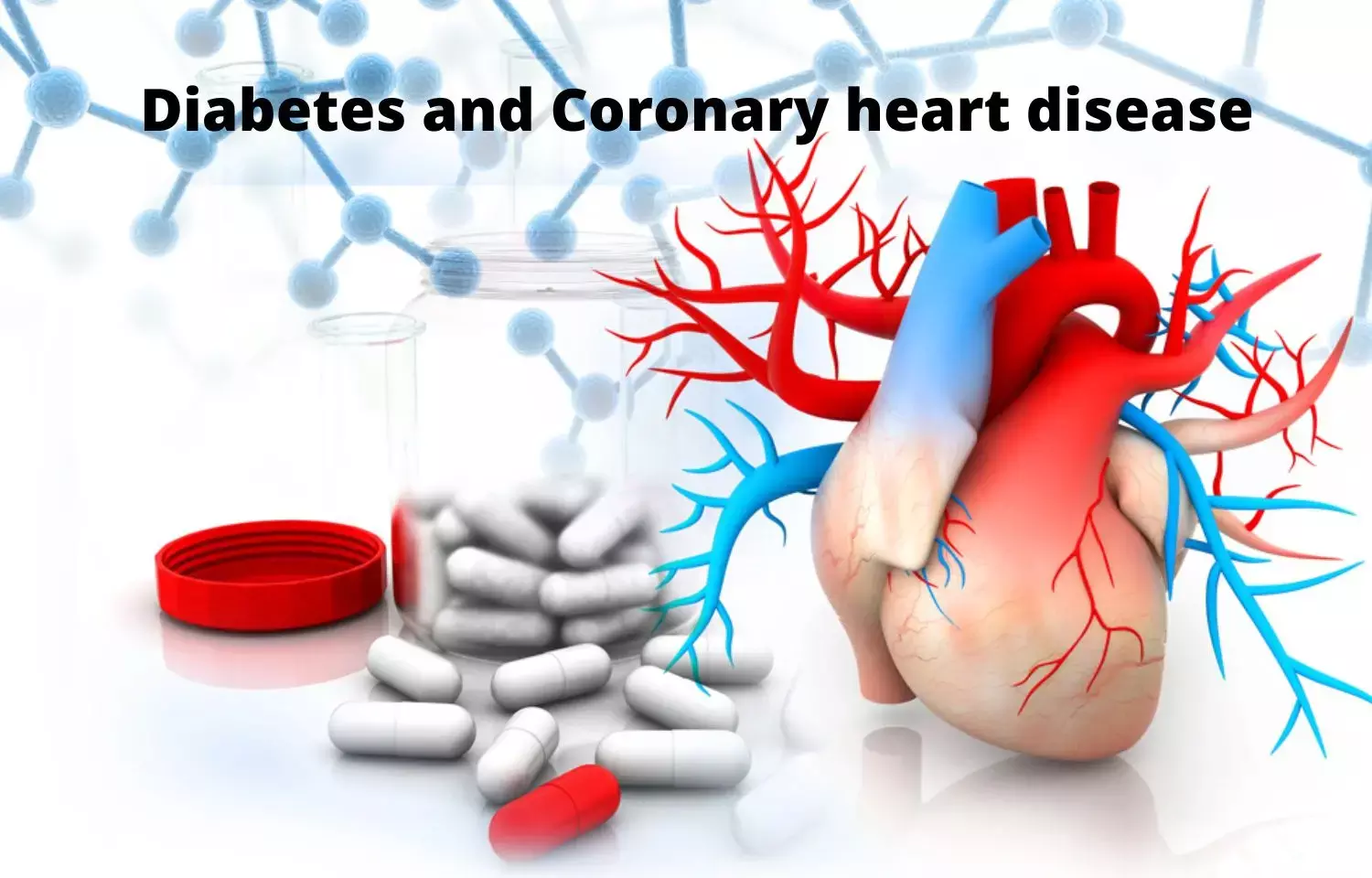- Home
- Medical news & Guidelines
- Anesthesiology
- Cardiology and CTVS
- Critical Care
- Dentistry
- Dermatology
- Diabetes and Endocrinology
- ENT
- Gastroenterology
- Medicine
- Nephrology
- Neurology
- Obstretics-Gynaecology
- Oncology
- Ophthalmology
- Orthopaedics
- Pediatrics-Neonatology
- Psychiatry
- Pulmonology
- Radiology
- Surgery
- Urology
- Laboratory Medicine
- Diet
- Nursing
- Paramedical
- Physiotherapy
- Health news
- Fact Check
- Bone Health Fact Check
- Brain Health Fact Check
- Cancer Related Fact Check
- Child Care Fact Check
- Dental and oral health fact check
- Diabetes and metabolic health fact check
- Diet and Nutrition Fact Check
- Eye and ENT Care Fact Check
- Fitness fact check
- Gut health fact check
- Heart health fact check
- Kidney health fact check
- Medical education fact check
- Men's health fact check
- Respiratory fact check
- Skin and hair care fact check
- Vaccine and Immunization fact check
- Women's health fact check
- AYUSH
- State News
- Andaman and Nicobar Islands
- Andhra Pradesh
- Arunachal Pradesh
- Assam
- Bihar
- Chandigarh
- Chattisgarh
- Dadra and Nagar Haveli
- Daman and Diu
- Delhi
- Goa
- Gujarat
- Haryana
- Himachal Pradesh
- Jammu & Kashmir
- Jharkhand
- Karnataka
- Kerala
- Ladakh
- Lakshadweep
- Madhya Pradesh
- Maharashtra
- Manipur
- Meghalaya
- Mizoram
- Nagaland
- Odisha
- Puducherry
- Punjab
- Rajasthan
- Sikkim
- Tamil Nadu
- Telangana
- Tripura
- Uttar Pradesh
- Uttrakhand
- West Bengal
- Medical Education
- Industry
Expanded dulaglutide weekly doses at par with 1.5 mg dose in type 2 diabetes with CVD risk: Study

USA: Findings from a post-analysis of the AWARD-11 study have suggested similar favorable effects of dulaglutide 3.0 mg and 4.5 mg on several cardiometabolic CVD risk factors, if not greater than dulaglutide 1.5 mg in diabetics with increased CVD risk.
The data, published in Diabetes, Obesity and Metabolism, support the hypothesis that the effects of once-weekly higher dulaglutide doses of 3.0 and 4.5 mg on CVD risk are consistent with those established for the 1.5 mg dose in REWIND.
David A. Cox, Eli Lilly and Company, Indianapolis, Indiana, USA, and colleagues conducted this post hoc analysis with the objective to investigate the effect of dulaglutide on cardiovascular disease (CVD) risk factors in subgroups of participants at increased CVD risk in the AWARD-11 study.
For this purpose, the researchers categorized patients who received once-weekly dulaglutide 1.5, 3.0, or 4.5 mg for 52 weeks according to their Framingham CVD risk category [low (N = 295), medium (N = 481), and high (N = 1054) risk], and their baseline CVD risk according to the REWIND study eligibility criteria (N = 953).
Assessment of serum lipids and vital signs were done at baseline and at 52 weeks. Data analysis was done as least squares mean percentage change from baseline for lipids and least squares mean change from baseline for vital signs.
Based on the study, the researchers reported the following:
- Demographic and baseline clinical characteristics were balanced across doses within the CVD risk groups.
- In the high Framingham CVD risk and REWIND-like groups, dulaglutide resulted in dose-related decreases in total cholesterol (≤6.0%), non-high-density lipoprotein cholesterol (≤8.8%), very-low-density lipoprotein cholesterol (≤19.4%) and triglycerides (≤21.5%), with little change in low-density lipoprotein cholesterol and high-density lipoprotein cholesterol.
- Systolic and diastolic blood pressure decreased up to 5.6 mmHg and 1.6 mmHg, respectively, and heart rate increased up to 2 beats/min.
The researchers wrote, "these data support the hypothesis that higher dulaglutide doses of 3.0 and 4.5 mg once weekly may have effects on CVD risk consistent with those established for the 1.5 mg dose in REWIND to the extent that improvements in body weight, serum lipids, glycaemic control, and systolic blood pressure may contribute to MACE risk reduction with GLP-1 RAs."
Reference:
Cox DA, Wang H, Nicolay C, Bethel MA. Effect of expanded dulaglutide weekly doses (3.0 mg and 4.5 mg) on cardiovascular disease risk factors in participants with type 2 diabetes at increased cardiovascular disease risk: a post hoc analysis of the AWARD-11 study. Diabetes Obes Metab. 2022 Sep;24(9):1770-1778. doi: 10.1111/dom.14762. Epub 2022 May 29. PMID: 35546790.
Dr Kamal Kant Kohli-MBBS, DTCD- a chest specialist with more than 30 years of practice and a flair for writing clinical articles, Dr Kamal Kant Kohli joined Medical Dialogues as a Chief Editor of Medical News. Besides writing articles, as an editor, he proofreads and verifies all the medical content published on Medical Dialogues including those coming from journals, studies,medical conferences,guidelines etc. Email: drkohli@medicaldialogues.in. Contact no. 011-43720751


